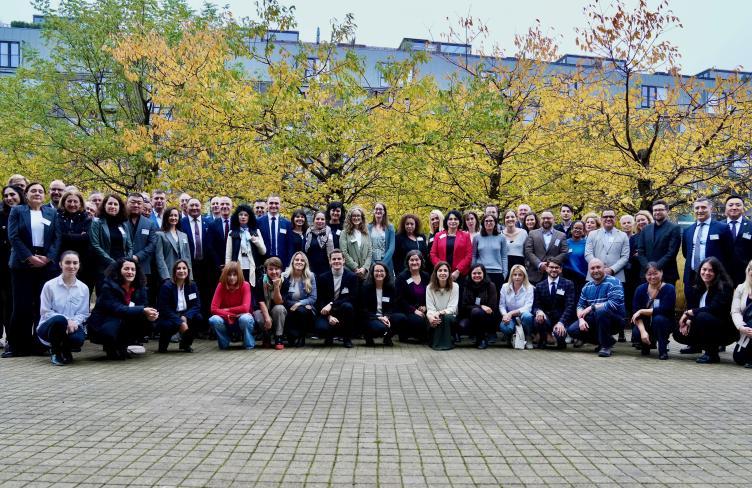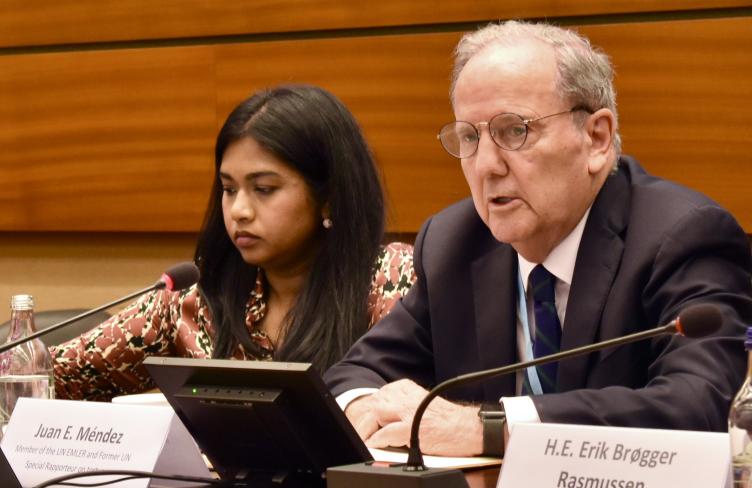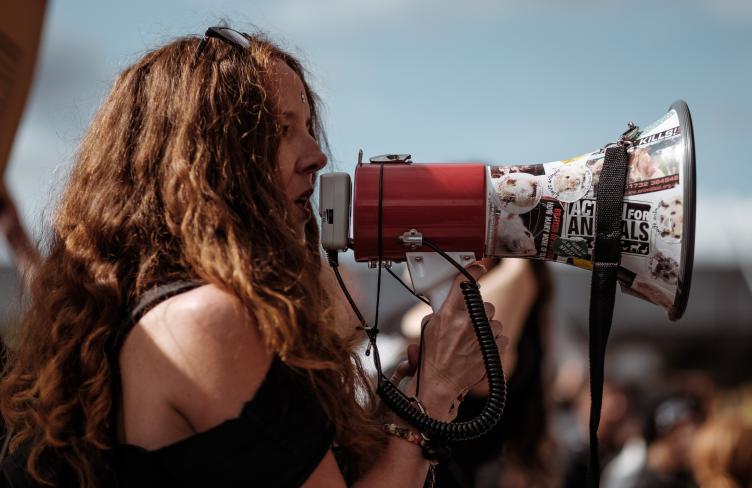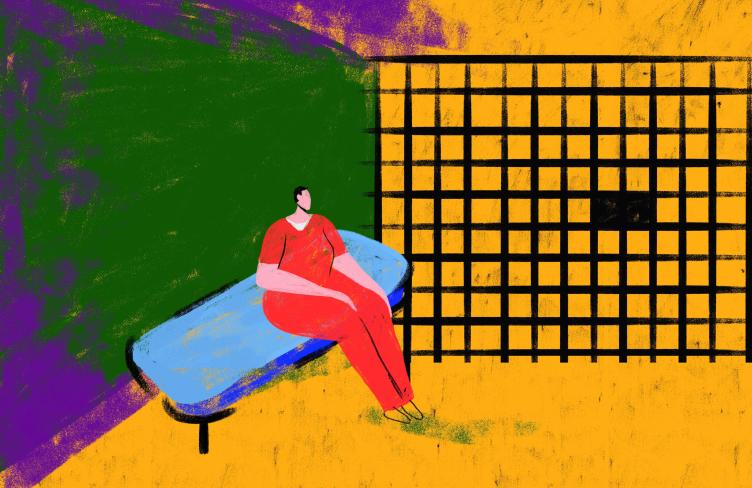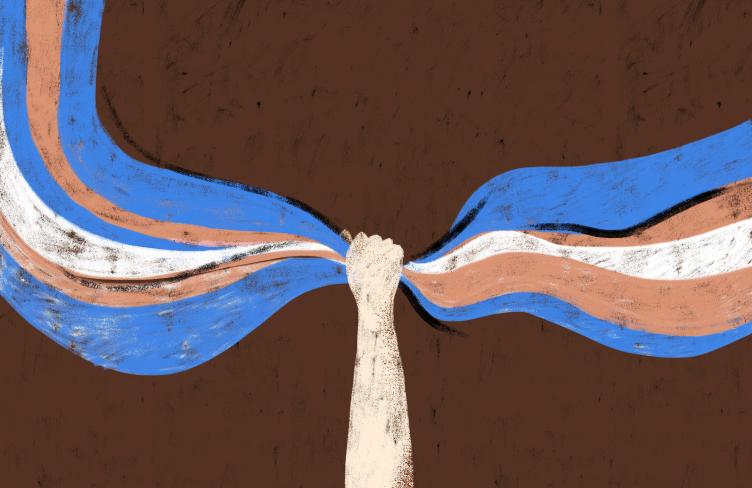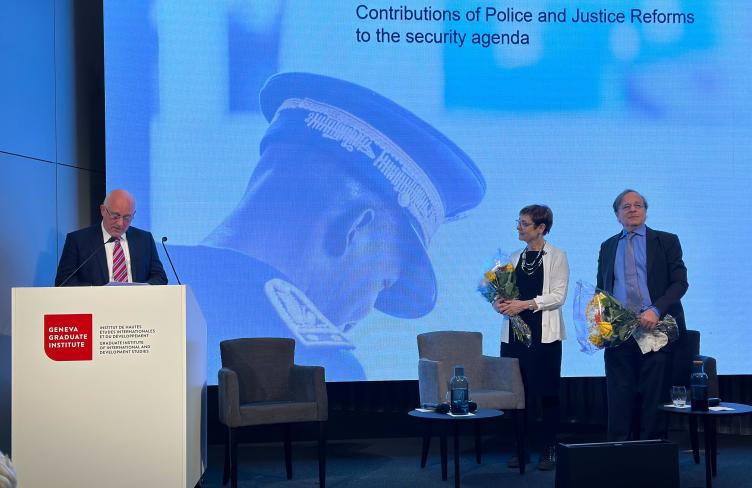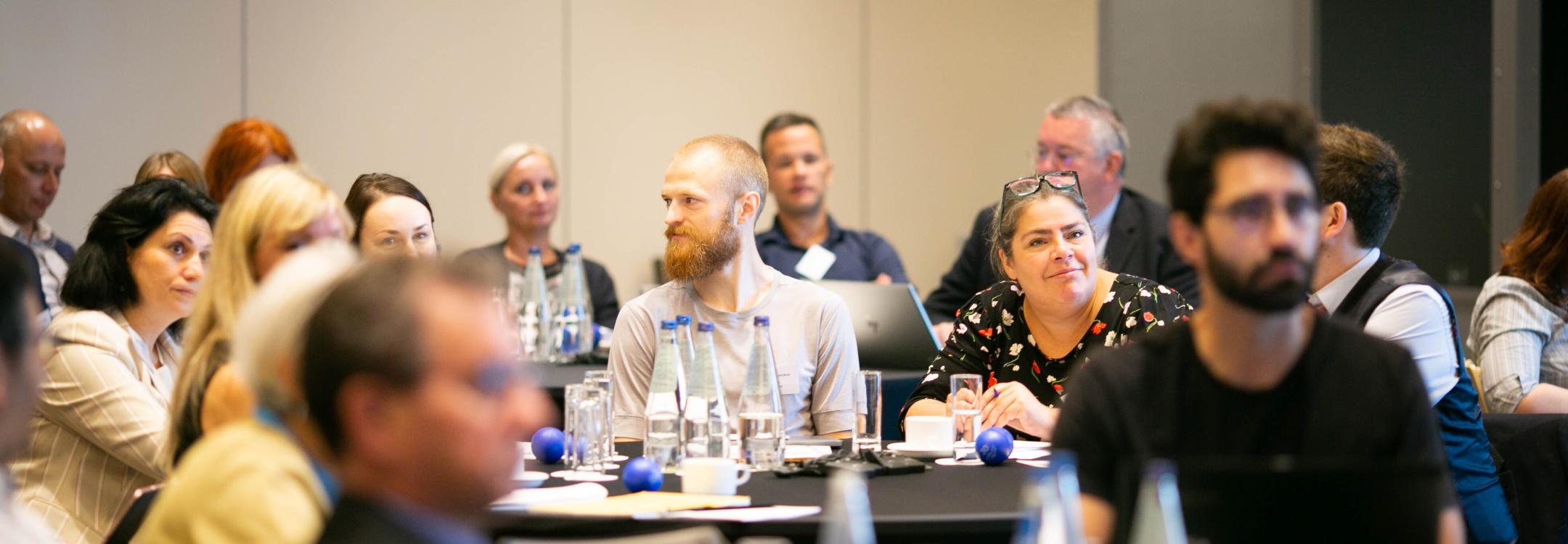
Europe is a vast and diverse continent with almost 50 States. There are several regional organisations and a strong human rights protection system established after World War II.
It is in Europe that APT’s vision of a system of visits to places of detention first became a reality. In 1987, the Council of Europe adopted the European Convention for the Prevention of Torture. The Committee for the Prevention of Torture (the CPT), established by the Convention, can visit any place of detention, at any time, in any of the 47 States Parties (Russia is still a State Party). The CPT has also developed key standards to prevent torture and ill-treatment that serve as a vital reference beyond Europe.
All European and Central Asian States have ratified the UN Convention against Torture. The region also has the largest number of States Parties to the Optional Protocol to the Convention against Torture (OPCAT). Further, there are are now 4O National Preventive Mechanisms (NPMs) in the region.
The APT has provided ongoing support for the development of NPMs in the region through the joint NPM Forum with the Council of Europe. We strengthen the work of NPMs though bilateral exchanges and advice, mainly upon request. We also organise regional workshops and contribute to different NPM regional networks, such as the South Eastern Europe Network of NPMs, the Nordic Network of NPMs and the German-speaking network of NPMs.
Regional activities
Our work in Europe focuses on regional activities, rather than on national-level activities, through cooperation with the three key regional bodies.
Council of Europe
With 46 member States (Russia was excluded in March 2022), the Council of Europe is the leading organisation promoting democracy, rule of law and human rights in Europe. The European Court on Human Rights upholds the protection of fundamental rights and has developed a wealth of jurisprudence. The work of the Parliamentary Assembly and of the Committee of Ministers is also of importance regarding conditions of detention and prevention of torture. The APT has developed a guide for Parliamentarians on Monitoring Detention Immigration.
Since 1989, the European Committee for the Prevention of Torture has conducted regular visits to places of detention and has developed a range of torture prevention standards. The APT is long-standing supporter of the CPT, promoting its work and insights through publications and workshops. In 2019, to mark the CPT’s 30th anniversary, we co-organised a regional conference on safeguards in the first hours of detention.
Organization for Security and Cooperation
The Organization for Security and Cooperation (OSCE) in Europe is a key player for issues of security and human rights in the region among its 57 Participating States, which includes the United States and Canada. In 2020, it adopted a key Ministerial Decision on torture and ill-treatment. Its Office for Democratic Institutions and Human Rights (ODIHR) works through in-county delegations and regionally to promote the prohibition of torture and torture prevention. The APT, together with ODIHR, has organised a regional workshop for NPMs since 2016 to enable peer-to-peer exchanges on detention monitoring methodology and on torture prevention issues. These regional workshops now include civil society organisations.
European Union
The APT has supported and provided input to the Guidelines on EU policy towards third parties on torture and ill-treatment from the first version in 2001, to the last revision in 2019. The operational section of the EU Guidelines are now structured around prohibition, prevention, accountability and redress, based on the APT’s recommendation. In addition, through a series of Directives and Regulations, the 27 EU member States, have made progress on fundamental safeguards from the first hours of detention (I.e. access to a lawyer). We also monitor the work of the Fundamental Rights Agency. The EU organises an Annual Forum on Human Rights (on torture in 2016). The EU is also providing financial support and is funding our Safe in Custody project, as well as the newly-established United against Torture Consortium, which includes the APT, OMCT, Redress, FIACAT, IRCT and Omega Research Foundation.
